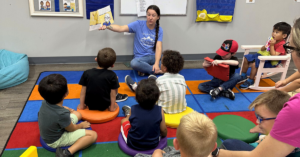
Picture a preschool classroom during free time. Some kids are playing with toys, while others are in the music corner making up songs, and a few have gone out to the playground. While laughter is echoing throughout the building, one child sits alone. Maybe they’re just shy, but maybe they’re neurodiverse and have different educational and social needs.
Raising a neurodiverse child is rewarding, but it can also be challenging. If your son or daughter has ADHD, Autism, Dyslexia, Dyspraxia, or another neurodiverse condition, disability, genetic condition, or special need, making sure they receive the right type of education can be especially difficult.
In a typical class, their teachers and peers might not understand their needs and capabilities. Teachers won’t always know how much to expect of them. Children might not be able to relate to their classmates, making it hard for them to make lasting friendships.
As a parent, you want to put your child’s education first. This goes beyond ensuring that they reach their academic milestone on time. Basal Therapies & Preschool knows how important it is for every school to be an inclusive environment. We understand this can have a profound effect on your child’s growth and development. An inclusive learning environment can benefit both neurotypical and neurodiverse children.
Benefits for a Neurotypical Child
Attending classes with children of all abilities helps a neurotypical child learn patience, tolerance, and acceptance while expanding their perspective and gaining a deeper appreciation for diversity. Learning in an inclusive environment also helps them solve problems and work together with classmates who might look at the world differently.
Increased Empathy and Understanding
As kids play with their neurodivergent peers, they develop enhanced empathy, understanding of different needs, and acceptance of those who are different from themselves. Learning together in an inclusive environment that welcomes neurodivergent children and neurotypical children teaches them to appreciate diversity and welcome inclusivity. These types of skills are the building blocks we need to eliminate the stigma that’s sadly often associated with neurodiversity.
Enhanced Social Skills
In an inclusive environment, a neurotypical child and a neurodiverse child can learn how to interact with others effectively. They discover ways to communicate, share, cooperate, and resolve conflicts. Group projects and activities show them how to have mutual respect and work together. Knowing how to get along and make friends with people they’re different from benefits their academic performance and prepares them for the future.
Improved Academic Performance
Teachers can expose their students to many different perspectives and teaching methods. They give them alternative viewpoints to take into consideration and show them how to prevent and resolve conflicts. This has a great influence on a child’s cognitive development and improves their academic abilities too!
Preparation for the Real World
Schools with an inclusive learning environment mirror a diverse society, foster resilience and open-mindedness, and teach children how to socially interact. As adults, they’ll be able to transfer these skills and use these experiences to help them understand how complex the real world can be.
Benefits for a Neurodivergent Child
Being included in mainstream classrooms, neurodiverse students can have access to a wider range of educational resources and be able to participate in many more activities.
Sense of Belonging and Self-Esteem
When their school is an inclusive environment, neurodiverse kids can form meaningful connections with their neurotypical classmates and friends. This helps them feel included, making them more likely to participate in learning and social activities. All these things contribute to better academic results and more favorable social outcomes.
Here, all children can enjoy a feeling of belonging, and a neurodivergent child’s sense of isolation is replaced with a positive self-image. Now, every student can confidently welcome their differences with a new sense of pride and confidence. By helping every student to see the good that’s inside, inclusive schools create a path for their lifelong success.
Enhanced Social and Communication Skills
Interacting with their peers gives neurodivergent children many opportunities for social learning, which helps them improve their communication skills and build friendships. These skills set them up for a thriving personal, academic, and professional future.
Academic Progress and Success
Our classrooms are set up to give students personalized assistance, and our inclusive space and these adjustments help our neurodiverse students learn more effectively. With full access to what they need, they can more actively participate in their education. This helps neurodiverse students reach their full academic potential.
Achieve Success
Inclusive educational settings help both neurotypical and neurodiverse children, teaching empathy and understanding along with academic growth. At Basal Therapies & Preschool, every child feels accepted, valued, and empowered to reach their full potential. As parents, you need to look at the advantages of inclusivity in your child’s development. We invite you to discover how we can support your child’s success. Reach out to us for more information and guidance.
Resources for Parents
Here are some books you may enjoy reading to your child.
These inclusive children’s books are a valuable resource for celebrating diversity and promoting acceptance!









